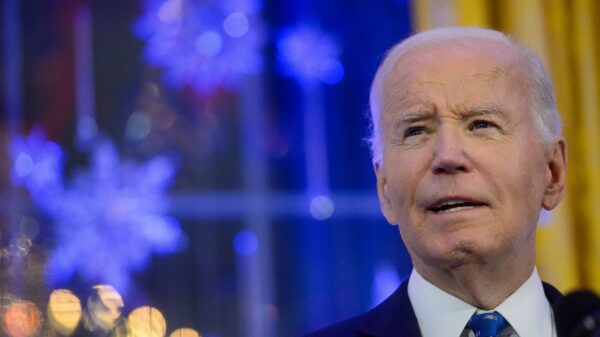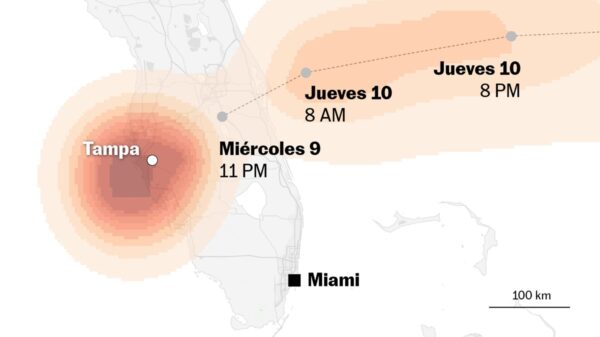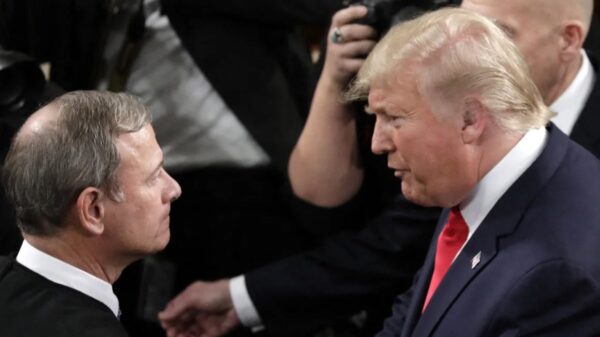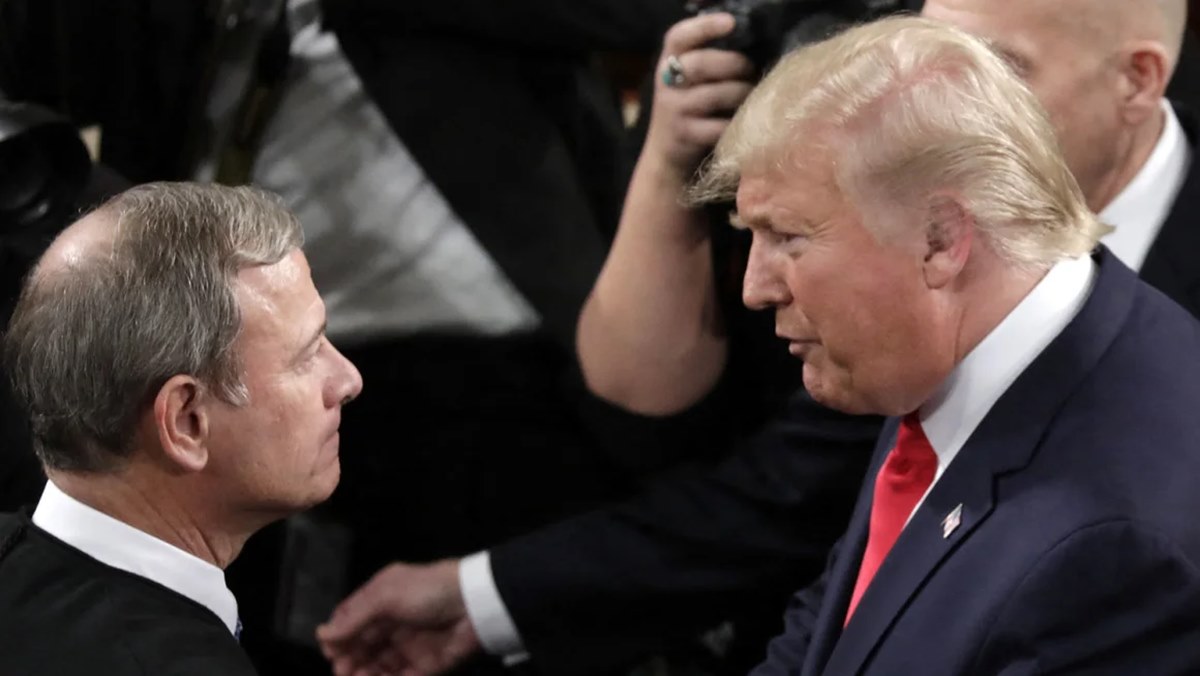By: Joan Biskupic
Since his confirmation in 2005, Chief Justice John Roberts has sought to distinguish the Supreme Court from political powers. However, the Court is caught in politics perhaps more than ever, and by the president’s own hand. The former star appellate lawyer, once seen as the smartest person in the room, remains perplexed by the realities of Donald Trump.
Roberts was shocked by the public’s adverse reaction to his decision granting Trump substantial immunity from criminal prosecution. His protests that the case concerned the presidency, not Trump, carried little weight. Unlike most judges, he did not give public speeches over the summer. Colleagues and friends who saw him said he appeared especially weary, as if he were carrying a greater burden on his shoulders. On Monday, after taking the bench to formally open a new session, Roberts followed a familiar script and kept any emotion in check.
This is a difficult moment for the most important court in the United States, as divisive rulings increase and controversy persists over the lack of an applicable code of ethics for judges. Roberts, who will turn 70 in January, faces a new series of significant cases to be resolved in the coming months, including disputes over transgender rights, gun control, the death penalty, and a possible resurgence of lawsuits against Trump.
But perhaps the most immediate test for Roberts’s leadership will be the litigation surrounding the presidential election on November 5 and the recount of votes.
The Roberts Court has largely aligned with the political agenda of the Republican Party due to the decisions crafted by the Chief Justice: in favor of Trump and other Republicans, against voting rights and racial affirmative action, and against federal regulations on the environment, public health, and consumer affairs. Roberts’s pattern of favoring the interests of the Republican Party has been solidified by his rulings in cases such as Shelby County v. Holder in 2013 (which gutted part of the Voting Rights Act) and Rucho v. Common Cause in 2019 (which prevented U.S. courts from stopping political parties from gerrymanderi.
But the politically charged tone deepened in the judges' ruling on the case against former President Trump for 2020 election interference charges. The prolonged action of the court, even before its decision on July 1, ensured that Trump’s trial would not occur before his renewed candidacy for the White House, now against Democratic Vice President Kamala Harris. According to multiple polls, the stature of the Supreme Court has diminished.
In July, for example, after the decision on Trump’s immunity was revealed and the annual session ended, less than half of Americans (47%) expressed a favorable opinion of the court, according to a Pew Research Center survey. That favorable rating was 23 percentage points lower than in August 2020, when the conservative supermajority on the nine-member court solidified. Undoubtedly, part of the decline is due to the court’s 2022 decision to overturn the right to abortion, a decision with which Roberts partially dissented.
As expected, reactions varied by political ideology. Republicans had a much more favorable opinion of the Supreme Court than Democrats, Pew reported. Now, as a new term begins and a new round of election litigation looms, the question is whether Roberts will reinforce his conservatism or recalibrate his stance as he has done in the past.
In 2020, for instance, he retracted his opposition to abortion rights and reversed his previous stance against Obama-era protections for certain undocumented family immigrants. He is clearly aware of his legacy.
“One wonders if he will be John Marshall or if he will be Roger Taney,” Roberts told an audience at a law school in 2010, referring to the great 19th-century Supreme Court Chief Justice and the last Chief Justice to write the Dred Scott decision in 1857, which declared that slaves were not citizens. “The answer is, of course, that he certainly will not be John Marshall. But he wants to avoid the danger of being Roger Taney.” Roberts declined a request from CNN for an interview. Is another Bush v. Gore moment approaching? Trump, whose pending criminal trial stems from his 2020 attempt to overturn the legitimate results that gave Joe Biden the White House, has already incurred a series of falsehoods about state voting rules and other election procedures this cycle.
In one of his especially bold falsehoods, he has proclaimed that Harris will only defeat him if she cheats. Dozens of lawsuits filed by Republicans against state election practices are advancing in lower courts. Any litigation that is truly significant in the battle between Trump and Harris will likely force judges to make quick decisions on tight timelines.
The possibility of another Bush v. Gore case looms over the Supreme Court. In that 2000 case, which tested which candidate could secure the crucial electoral votes from Florida, the Court ruled in favor of then-Texas Governor George W. Bush against then-Vice President Al Gore. The decision, by 5 to 4, fell along the ideolog






















